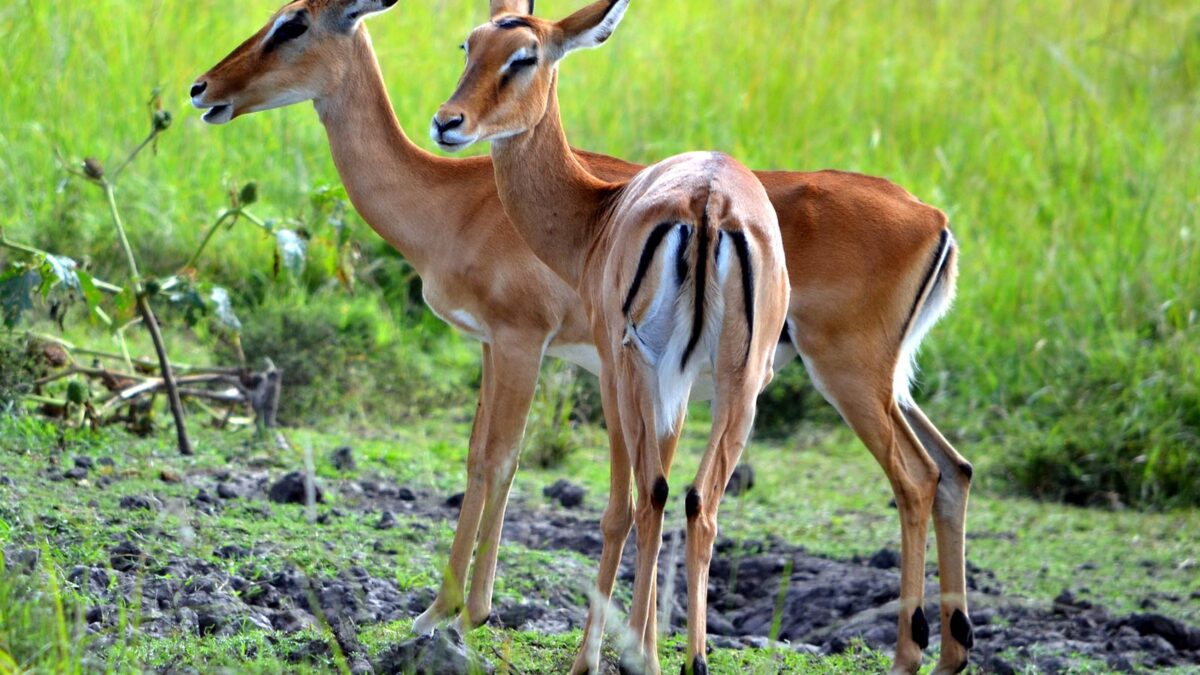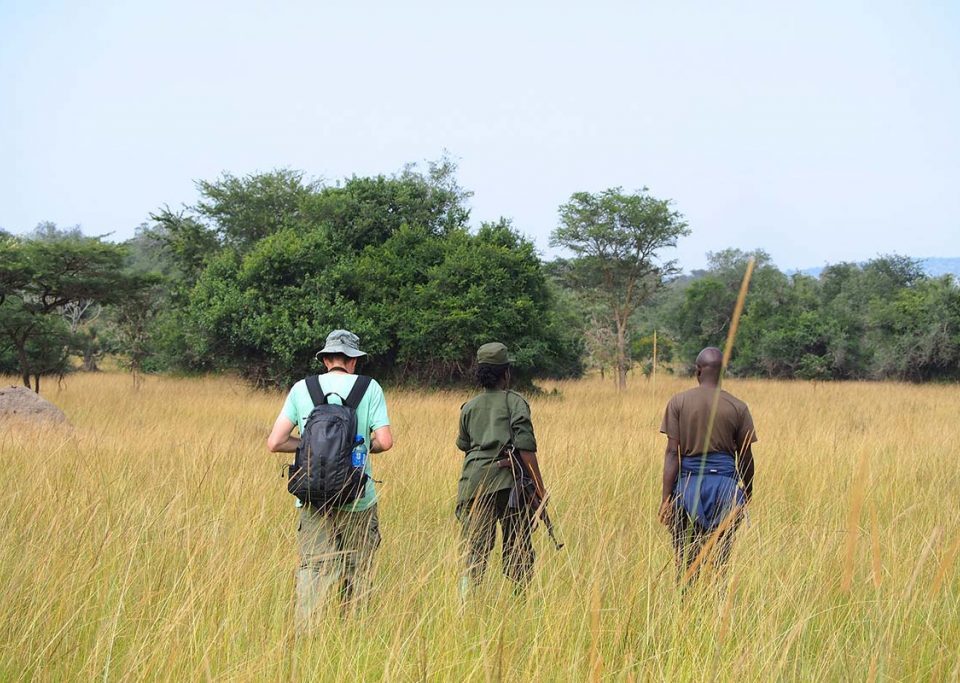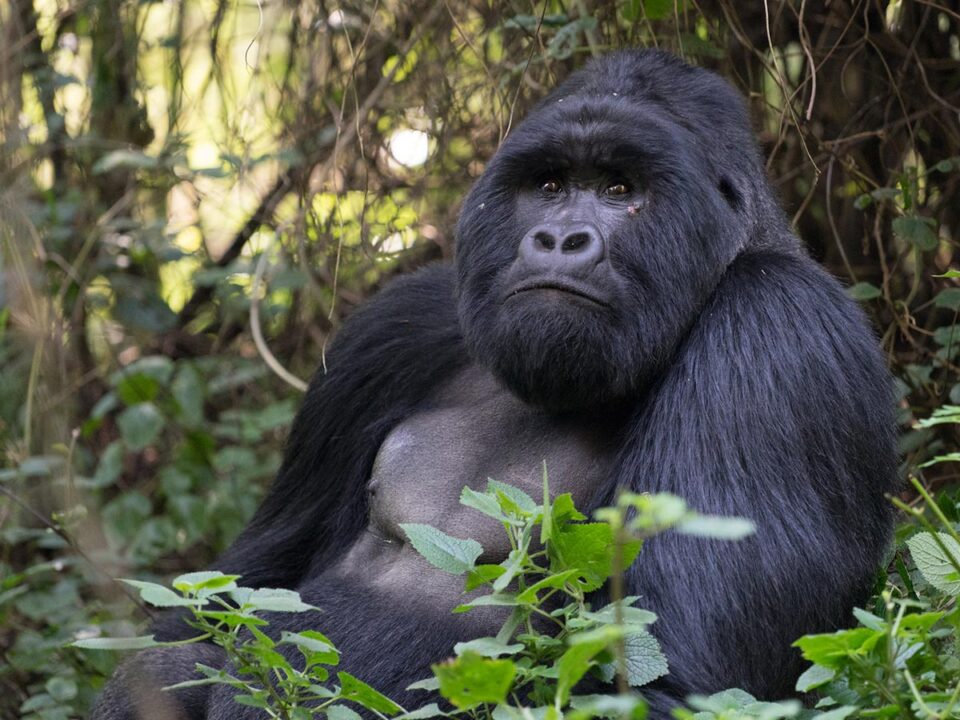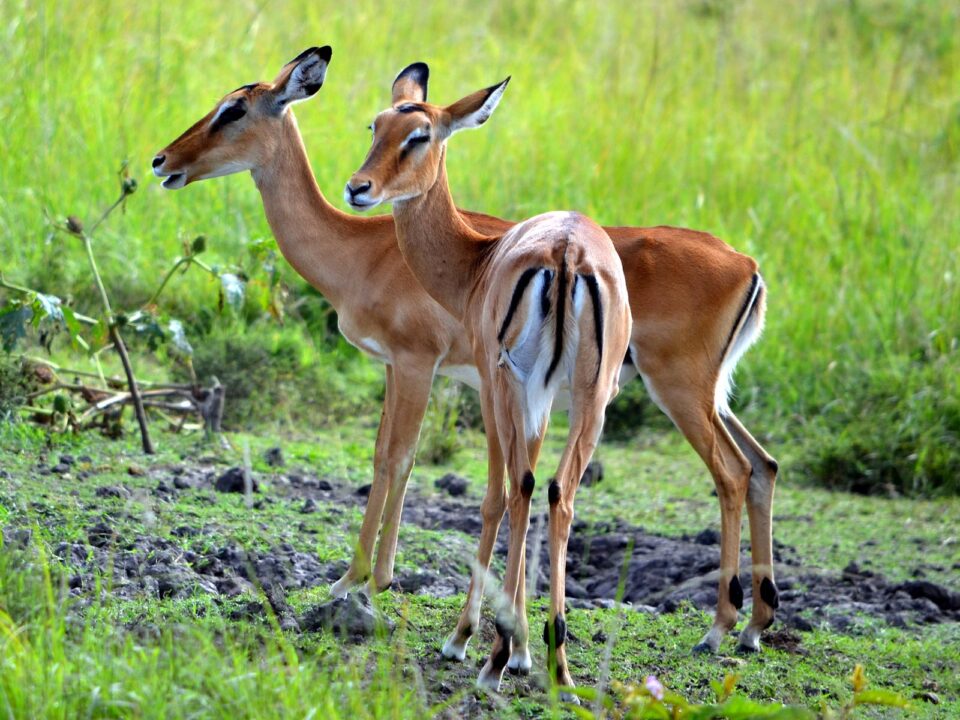Park Entry Fees to Lake Mburo

Best Vehicles for a Uganda Safari
January 4, 2024
How Long to Spend on Safari in Uganda?
January 4, 2024Park Entry Fees to Lake Mburo — Exploring Lake Mburo National Park
Park Entry Fees to Lake Mburo — Discovering the wonders of Lake Mburo National Park in Uganda involves more than just the thrill of wildlife encounters and the beauty of its five lakes. As the smallest Savannah National Park in Uganda, covering 370 square kilometers, Lake Mburo is rich in history and biodiversity. Delve into the details of park entry fees to ensure a seamless entry and contribute to the local community’s development.
Unveiling the Charms of Lake Mburo National Park
Lake Mburo National Park, nestled in ancient Precambrian metamorphic rocks dating back over 500 million years, offers a unique landscape for an unforgettable safari. Its compact size doesn’t diminish its significance; the park is home to over 350 bird species, 6 fish species, and more than 70 mammal species, including the exclusive presence of Impalas.
Established as a controlled hunting area in 1933, Lake Mburo National Park underwent transformations, evolving into a game reserve in 1963 and finally achieving full National Park status in 1983. This progression aimed to preserve the diverse wildlife facing threats from encroaching pastoralists. The upgrade, however, faced challenges and controversies, linked to historical events like the Operation Bonanza massacre.
Navigating Park Entry Procedures
Entering Lake Mburo National Park requires adherence to specific procedures, with entry fees varying based on residency and identification. Entrance gates, such as Sanga main gate and Nshara gate, issue permits after verifying visitors’ credentials.
Foreign residents are expected to present a valid work permit, while non-foreign residents must provide passports for verification. East Africans are required to present national identification cards. The entrance fees for a single day stand at USD40 for non-foreign residents, USD30 for foreign residents, and UGX20,000 for East African citizens.
It’s important to note that children below 15 years are exempt from park entry fees. An annual entry fee option is available exclusively for foreign residents working in Uganda and members of the East African community in Uganda, Kenya, and Rwanda.
Exploring Annual Entry Fees
- Foreign Residents:
- Individuals: USD350
- Couples: USD500
- Families (up to four kids): USD800
- East African Citizens:
- Individuals: UGX150,000
- Couples: UGX200,000
- Families: UGX300,000
The annual park entry fees also extend to corporate East African citizens at USD1,500 or UGX2.5 million.
Safari company guides in Uganda enjoy exempt status with free entry to all National Parks. Other East African community citizen safari guides are required to pay UGX100,000 for annual park entry.
Vehicle and Aircraft Entry Fees
Park entry fees extend beyond individuals to include motor vehicles and aircraft, contributing to the conservation efforts and local community development.
- Motorcycles:
- Foreign Residents: USD30
- East African Citizens: UGX10,000
- Saloon Cars:
- Foreign Residents: USD40
- East African Citizens: UGX20,000
- Minibuses:
- Foreign Residents: USD50
- East African Citizens: UGX30,000
- Pickup Trucks and 4×4 Cars:
- Foreign Residents: USD50
- East African Citizens: UGX30,000
- School Buses:
- UGX50,000
Aircraft Landing Fees:
- Helicopters:
- Foreign Residents: USD100
- East African Citizens: UGX300,000
- 4 – 21 and Above Aircraft:
- Foreign Residents: USD30–USD50
- East African Citizens: UGX60,000–UGX120,000
Parking fees for aircraft per day are USD8 for foreign residents and UGX5,000 for East African citizens. Pilots staying less than 2 hours are exempt from park entry fees.
Contributing to Local Development
Lake Mburo National Park entry fees play a crucial role in the rapid development of the local area. Twenty percent of the collected fees are directed towards building health centers and schools, enhancing the quality of life and education for the local population. By exploring Lake Mburo National Park, visitors contribute not only to wildlife conservation but also to the well-being of the surrounding communities.




